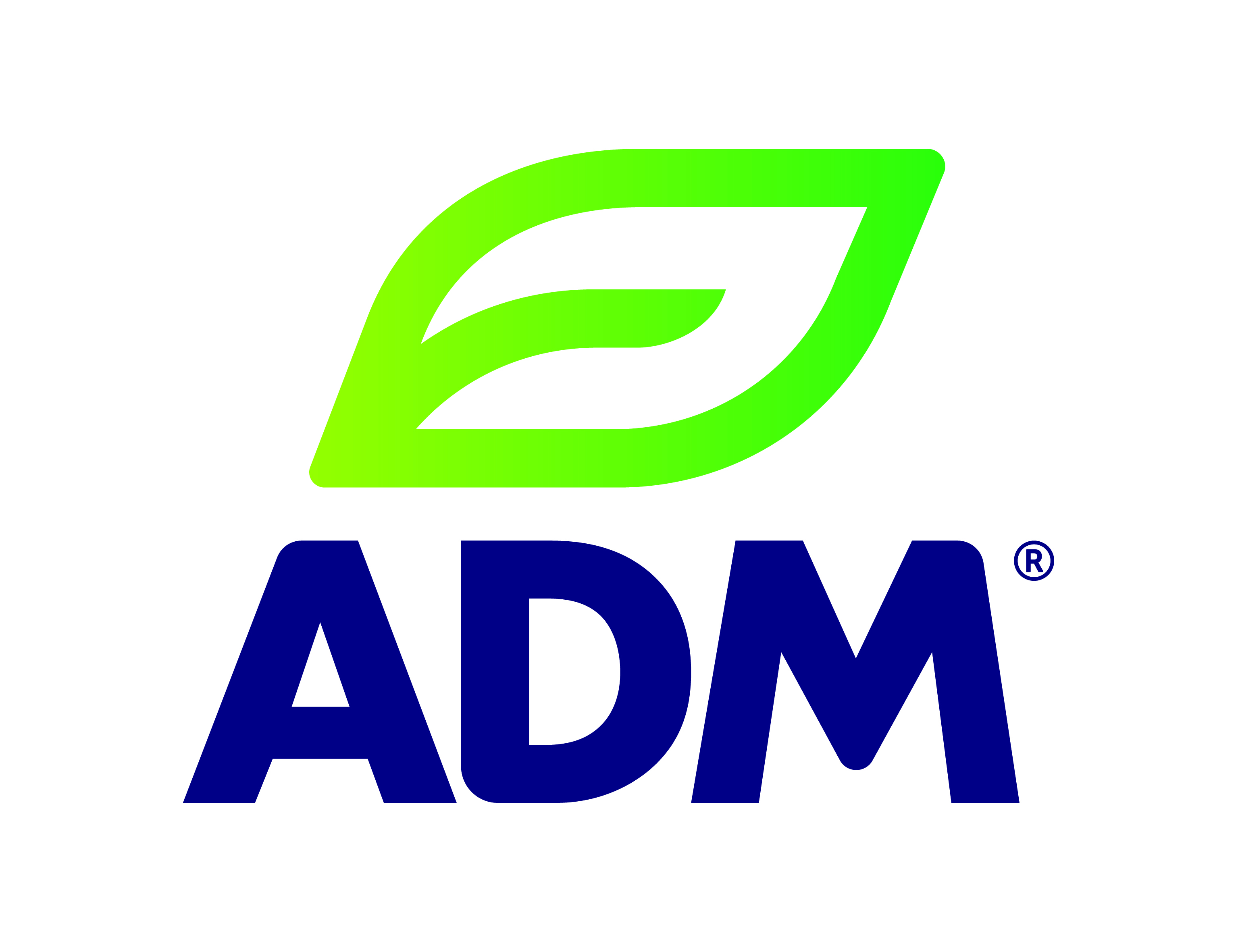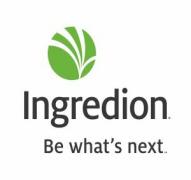Is animal-free meat, dairy and egg just around the corner?
6 Apr 2020Animal food products made without animal agriculture are gaining ground, with a handful of companies now making nature-identical products and ingredients that are (very nearly) supermarket-ready.
Cellular agriculture has teetered on the verge of a breakthrough for a few years, but the cost of scaling up repeatedly has been cited as the most important limiting factor. Now, as several companies prepare to launch mainstream products, it seems the technology gradually is catching up with ambitions.

California-based Clara Foods is the latest firm to enter the animal-free market with its egg white alternative – created via fermentation rather than chickens – and backed by global food ingredients giant Ingredion, which led a series B funding round for the company. The proteins are identical to those from hens’ eggs, but involve no animals. It says its ingredients will be ready for use in protein drinks and supplements later this year, ahead of an egg replacer launch for baked goods and other products in 2021.
Consumers gradually have become aware of the concept of lab-grown animal products with US-based companies like Memphis Meats, Perfect Day and New Culture, which are working on various meats, 100% dairy ice cream and cheese respectively. A pilot launch of Perfect Day’s $20-a-pint ice cream sold out in 24 hours. In Israel, too, Aleph Farms produced its first cell-grown steak with the appearance and texture of whole muscle meat in 2018. Crucially, it kept the cost to about $50 – still more expensive than farmed meat, but a huge saving compared to the world’s first lab-grown burger, which cost $250,000 to make in 2013.
While demand for plant-based foods is on the rise, it remains to be seen whether vegan consumers would accept actual egg, dairy or meat protein in their diets. However, research from FMCG Gurus suggests that the environment is now the number one driver behind the plant-based diet trend, so cutting out animal agriculture while still having genuine animal products seems like a win-win for most consumers, even if strict vegans might find such foods unpalatable.
Concern for the environment is a trend that drives producers of fermentation-derived ingredients and investors too. Perfect Day, for instance, highlights the environmental cost of animal agriculture and describes its products as having “less impact on the earth”. The company has partnered with ADM to produce more of its dairy-free milk ingredients on a large scale.
Related news

Plastic packaging reduction requires industry rethink
6 Jan 2023
The food and beverage sector is calling for industry-wide collaboration and business model updates to reduce the environmental impact of plastic packaging.
Read more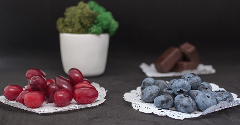
Misleading nutrition claims mask true sugar levels in baby food
5 Jan 2023
Some baby and toddler food and drink products, sweetened with fruit concentrate, contain up to four teaspoons of sugar per serving yet are marketed as having ‘no added sugar’, according to a survey by Action on Sugar.
Read more
Asian beverage brands deal with rising costs
4 Jan 2023
Decreasing bottle sizes or increasing prices? Asian beverage brands are finding “creative approaches” to manage rising costs, according to industry analysts.
Read more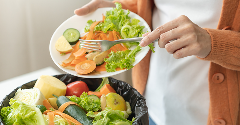
Preserving the freshness of food to fight waste
3 Jan 2023
Several companies are producing products that absorb ethylene, the hormone that causes food to ripen, in attempt to reduce food waste.
Read more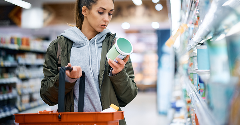
Value-seeking US consumers cut back on food spending
2 Jan 2023
Cheaper items, smaller sizes, and shorter grocery lists: inflationary effects coupled with a global long-term recession are set to continue shaping food spending habits, according to a recent Rabobank report.
Read more
Opportunities grow for lower-caffeine coffee
23 Dec 2022
Many consumers want the mental focus of caffeine without the jitters, prompting a wave of product development such as “half caffeine” ground coffee or ready-to-drink (RTD) cold brew blended with relaxing botanicals.
Read more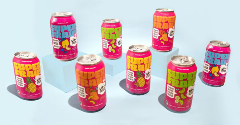
Superfrau upcycles liquid whey for energy drinks
22 Dec 2022
US company Superfrau turns surplus whey into sustainable, upcycled-certified dairy products for the recovery drinks market.
Read more
Malaysian brand Nanka brings jackfruit range to Europe
21 Dec 2022
Malaysian brand Nanka is expanding to new Asian and European markets with its fast and ready-to-eat plant-based products based on jackfruit.
Read more
Is the UK on target to meet its 2025 Plastics Pact?
20 Dec 2022
Major food industry players, including Arla, Kerry, PepsiCo and TerraCycle, have signed the UK’s voluntary Plastic Pact to reduce plastic from the supply chain – but are they on track to meet their targets?
Read more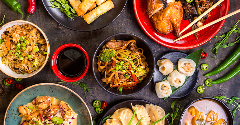
Chinese food brand wants to give customers ‘the full experience’
16 Dec 2022
Food brand Xiao Chi Jie is revamping Chinese cuisine for the modern American consumer. The Washington-based company sells regional Chinese specialties like soup dumplings, noodle kits, and barbeque skewers direct-to-consumer in the US.
Read more